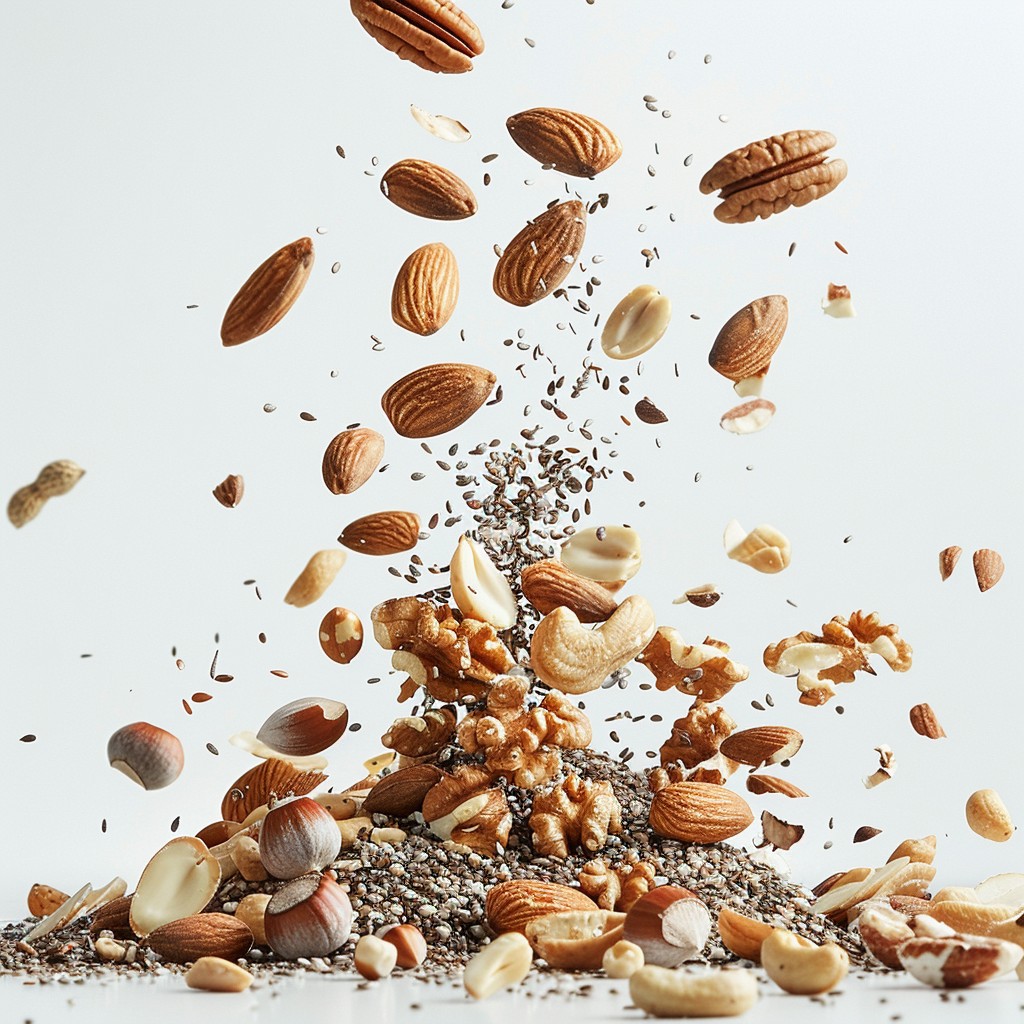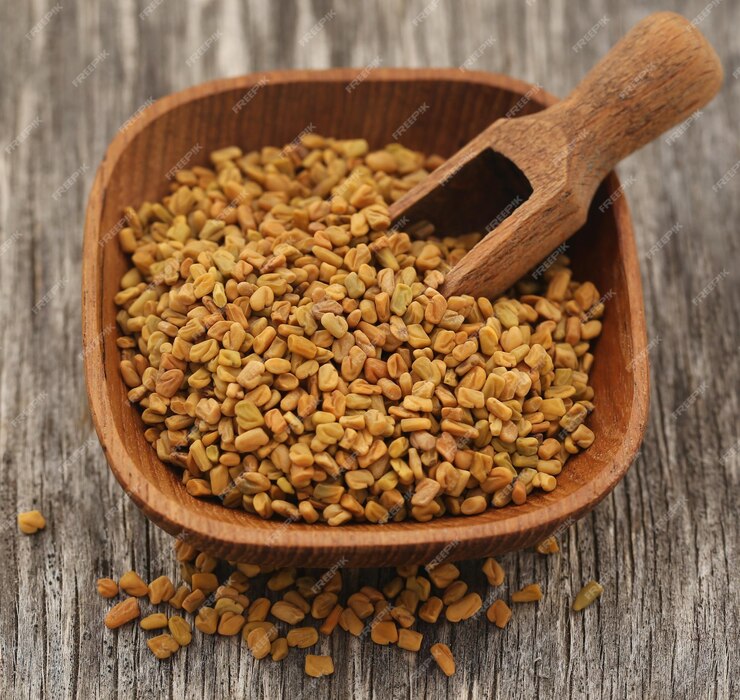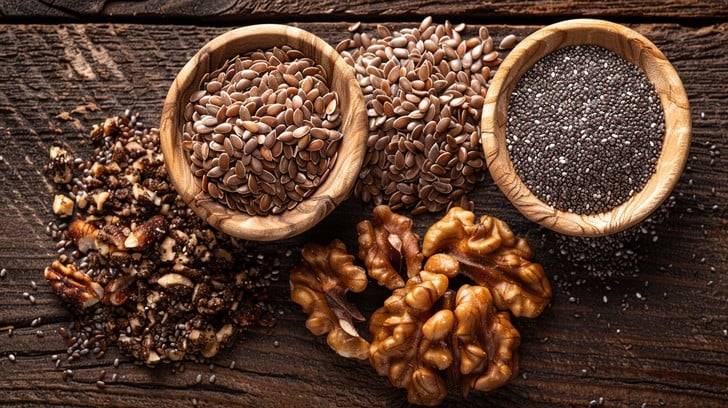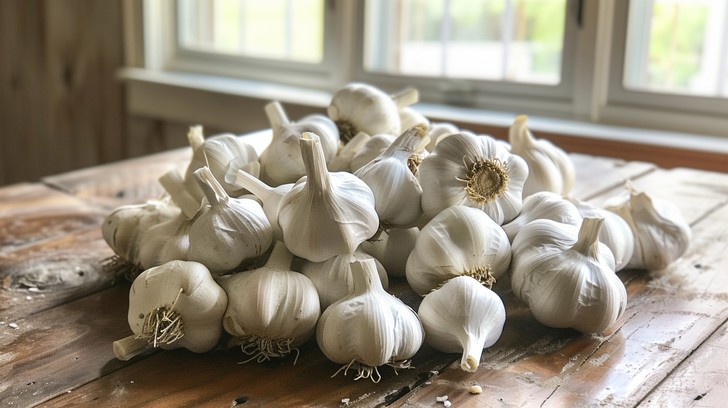Onion Toxicity in dogs/ Onion Allergy
“Onion Poisoning in Dogs: Symptoms, Treatment, and Holistic Care”
Onion poisoning in dogs is a serious and potentially life-threatening condition caused by the ingestion of onions or foods containing onions. While onions are a common ingredient in many households, they are toxic to dogs and can lead to severe health issues. This guide provides a comprehensive overview of onion poisoning in dogs, including symptoms, conventional treatments, and supportive Ayurvedic care.
What Causes Onion Poisoning in Dogs?
Onions, along with other members of the allium family such as garlic, leeks, and chives, contain compounds called thiosulfates. These compounds are harmless to humans but toxic to dogs, as they damage red blood cells, leading to a condition known as hemolytic anemia. Even a small amount of onion can be harmful, depending on the dog’s size and overall health.
Why Are Onions Toxic to Dogs? Onions contain a compound called N-propyl disulfide, which is harmful to dogs. This compound can damage a dog’s red blood cells, leading to a condition known as hemolytic anemia. This condition impairs the ability of the red blood cells to carry oxygen, which can be life-threatening if not treated promptly.
Symptoms of Onion Poisoning in Dogs
- Vomiting and Diarrhea: These are some of the earliest signs of onion poisoning, usually occurring within a few hours of ingestion.
- Weakness and Lethargy: Affected dogs may appear unusually tired and may not show interest in their usual activities.
- Pale Gums: Due to the breakdown of red blood cells, a dog’s gums may become pale or bluish.
- Rapid Breathing and Elevated Heart Rate: As the condition worsens, dogs may experience difficulty breathing and an increased heart rate.
- Loss of Appetite: A poisoned dog may refuse to eat due to nausea and general discomfort.
- Collapse: In severe cases, the dog may collapse or even suffer from seizures due to a lack of oxygen in the body.
- Discolored Urine: The destruction of red blood cells may cause urine to turn reddish or brown.
What to Do If Your Dog Eats Onions If you suspect your dog has ingested onions, immediate action is necessary. Contact your veterinarian right away. They may induce vomiting or administer activated charcoal to prevent further absorption of toxins. In more severe cases, your dog may require hospitalization, oxygen therapy, or a blood transfusion to manage the effects of onion poisoning.
Immediate Actions and Conventional Treatment
If you suspect your dog has ingested onions, immediate veterinary attention is crucial. The treatment for onion poisoning typically involves:
- Inducing Vomiting: To prevent further absorption of toxins, the vet may induce vomiting.
- Activated Charcoal: This can help absorb the toxins still in the dog’s stomach.
- IV Fluids and Oxygen Therapy: To manage dehydration and support oxygen levels in the blood.
- Blood Transfusions: In severe cases of anemia, a blood transfusion may be necessary.
Ayurvedic and Natural Supportive Care
While modern veterinary medicine is essential, some Ayurvedic principles and natural remedies can support your dog’s recovery. However, these should be used as complementary care and not as a replacement for veterinary treatment.
- Herbal Detoxifiers:
- Neem (Azadirachta indica): Known for its detoxifying properties, neem can help cleanse the blood. A diluted neem decoction can be given under veterinary guidance.
- Turmeric (Curcuma longa): With anti-inflammatory and antioxidant properties, turmeric can reduce inflammation caused by oxidative stress.
- Digestive Aids:
- Ginger (Zingiber officinale): Ginger can help with nausea and vomiting. A small amount of ginger powder mixed with honey can be soothing for the stomach.
- Triphala: A traditional Ayurvedic formulation that promotes digestive health. It should be used with caution and veterinary approval.
- Hydration and Electrolyte Balance:
- Coconut Water: Rich in electrolytes, coconut water helps maintain hydration during recovery.
- Buttermilk (Chaas): A soothing and hydrating drink that can be used as a mild rehydration solution.
- Immune System Support:
- Ashwagandha (Withania somnifera): An adaptogen that strengthens the immune system and aids in recovery.
- Guduchi (Tinospora cordifolia): Known for boosting the immune response, Guduchi can support the dog’s recovery process.
- Liver and Kidney Support:
- Punarnava (Boerhavia diffusa): Used in Ayurveda to support kidney health and detoxification.
- Bhumyamalaki (Phyllanthus niruri): This herb supports liver health, crucial for detoxifying the body after poisoning.
Prevention and Long-term Care
Preventing onion poisoning is crucial. Ensure that onions, garlic, and foods containing these ingredients are kept out of reach of pets. Educate family members and visitors about the dangers of feeding table scraps or leftovers that may contain onions.
Conclusion
Onion poisoning in dogs is a medical emergency that requires prompt veterinary attention. Along with conventional treatments, Ayurvedic and natural remedies can offer supportive care during recovery, promoting overall well-being and preventing future health issues. Always consult with a veterinarian before administering any herbal or natural treatments to ensure they are safe and appropriate for your dog’s specific condition.








